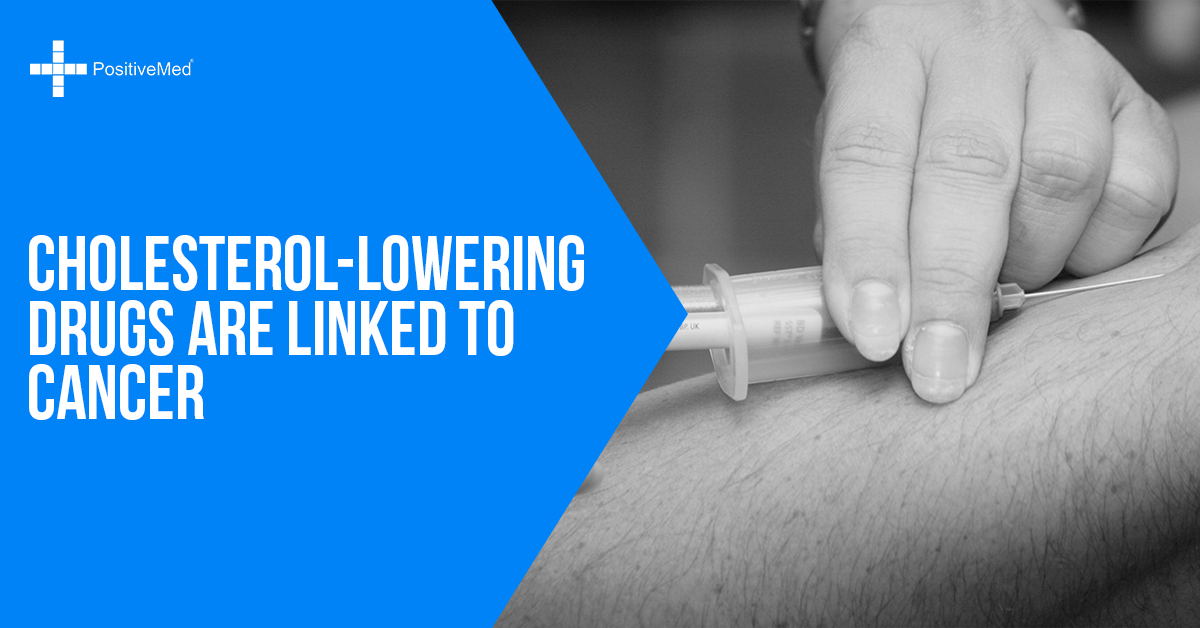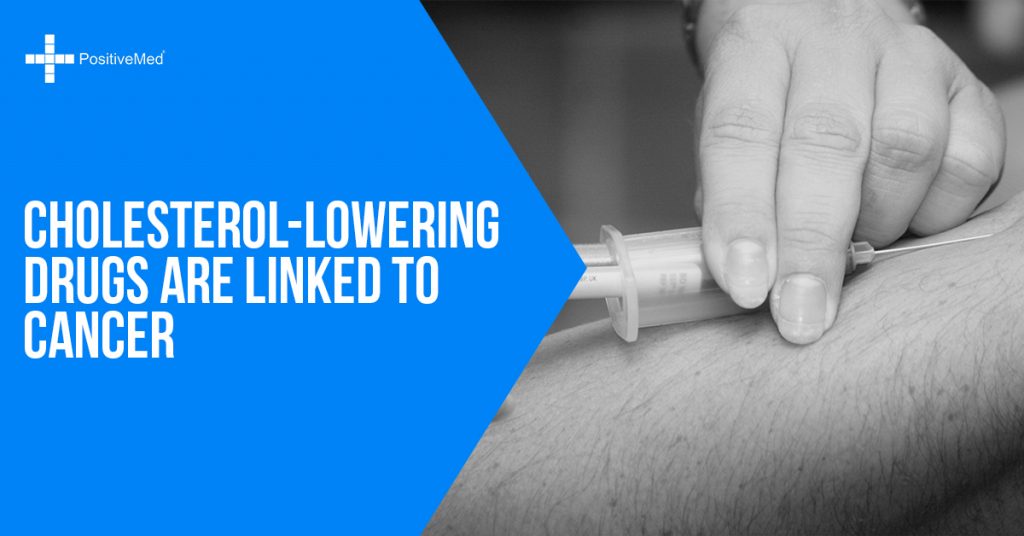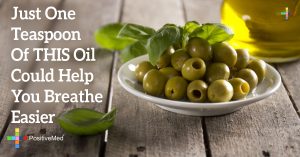[nextpage title=”…”]
With an estimated 610,000 fatalities in the United States every year, heart disease is among the leading causes of death. The theory that high cholesterol levels can impact the health of your heart in a negative manner is quite popular today. As a result, many people rely on a variety of cholesterol-lowering drugs to lower the risk of heart disease.

It is, however, unfortunate that one of the most popular cholesterol-lowering drugs in the United States, statins, have proven ineffective. In addition to causing several unpleasant side effects and being ineffective at lowering cholesterol, statins are also linked to cancer.
What is Statins?
As widely prescribed cholesterol-lowering drugs, statins are used to lower high cholesterol or LDL, a major contributor to heart disease. Many studies show that statins are ineffective at reducing the levels of LDL despite the fact that it is their main purpose.
RELATED ARTICLE: These Commonly Used Pills May Triple Risk of Crohn’s Disease in Women
A study published in the Vascular Health and Risk Management journal shows how unreliable this drug is. According to the study, statins are incredibly ineffective at lowering cholesterol levels, particularly in patients with heart disease. The study revealed that statins reduced cholesterol to ideal levels in only 18% of the patients it was administered to. The results prove that this particular drug is actually ineffective more than 80 percent of the time.
According to other studies, statins cause a variety of undesirable and sometimes adverse side effects including:
• Hyperglycemia, popularly known as high blood sugar
• Diarrhea
• Rash
• Drowsiness
• Loss of memory
• Constipation
• An increased risk of developing type-2 diabetes Statins are also known to cause more severe side effects such as rhabdomyolysis and myositis.
Both of these conditions can lead to serious muscle damage since they usually cause inflammation of the muscles.
As a result of the damage it can cause to the kidneys, Rhabdomyolysis has been linked to renal failure and death. A number of studies associate statins with a significantly higher risk of developing cancer.
The journal Current Oncology published a study that shows statins increase the possibility of cancer in prostate or breast cancer patients and the elderly. According to researchers, statins also cause heightened progression of tumors in cancer of the bladder patients.
RELATED ARTICLE: Sleep Better Without Drugs: DIY Natural Sleeping Pills [/nextpage]
[nextpage title=”…”]The connection between statins and cancer stems from the manner in which this drug affects the immune system. Statins encourage the body to produce increased amounts of T cells, which are the white blood cells that fight against infections.
According to researchers, this heightened T cell production weakens other immune responses in our bodies, which leaves us more susceptible to cancer.
Cholesterol and the body
As a result of widespread beliefs about cholesterol and its effect on the human body, the use of statins became rather popular. It is a common misconception that cholesterol is primarily responsible for the clogging of arteries, a leading cause of heart disease. According to the University of Maryland’s Dr. Beverly Teter, a lipid biochemist, a mistake made by scientists led to this misconception. Years ago, scientists noticed high cholesterol levels in a damaged blood vessel, which led them to blame cholesterol for heart disease wrongfully. Dr. Beverly Teter believes that inflammation actually caused the problem even though cholesterol bears the blame. She explains the presence of cholesterol as the body’s way of responding to the problem caused by inflammation.
According to her, cholesterol was, in fact, the solution since lesion starts in blood vessels as a result of inflammation. The body responds by sending cholesterol to act as a scab. The cover provided by cholesterol protects the blood system as well as the vessel’s wall from further damage. According to Dr. Beverly Teter, opting for foods that are high in anti-inflammatories instead of low-fat foods helps to prevent heart disease.
As such, foods that contain natural saturated fats and omega-3 fatty acids are the most ideal. Dr. Beverly Teter also advises against sources of the inflammation-causing trans-fat.
Foods high in inflammation-busting properties that you should eat include:
• Eggs
• Walnuts
• Wild salmon
• Hickory nuts
• Flaxseed oil
• Pecans
• Edamame
Inflammation-causing foods to avoid include:
• Margarine
• Deep-fried foods
• Coffee creamer
• Cake frosting
• Pie crust
• Crackers
Conclusion
You should not ingest any heavily processed or deep-fried foods to avoid the inflammation-causing trans-fats. In addition to causing inflammation, these foods can also boost bad cholesterol levels, a combination that will certainly cause heart disease. [/nextpage]






